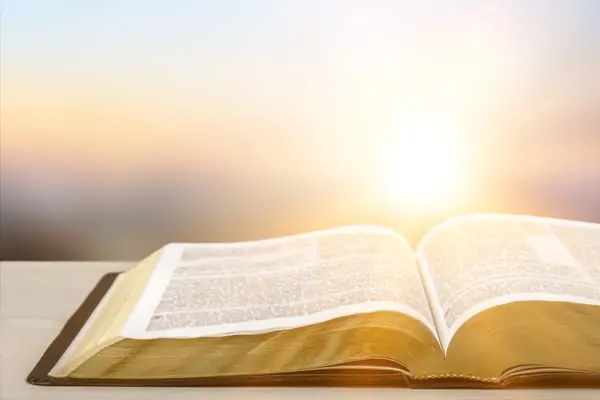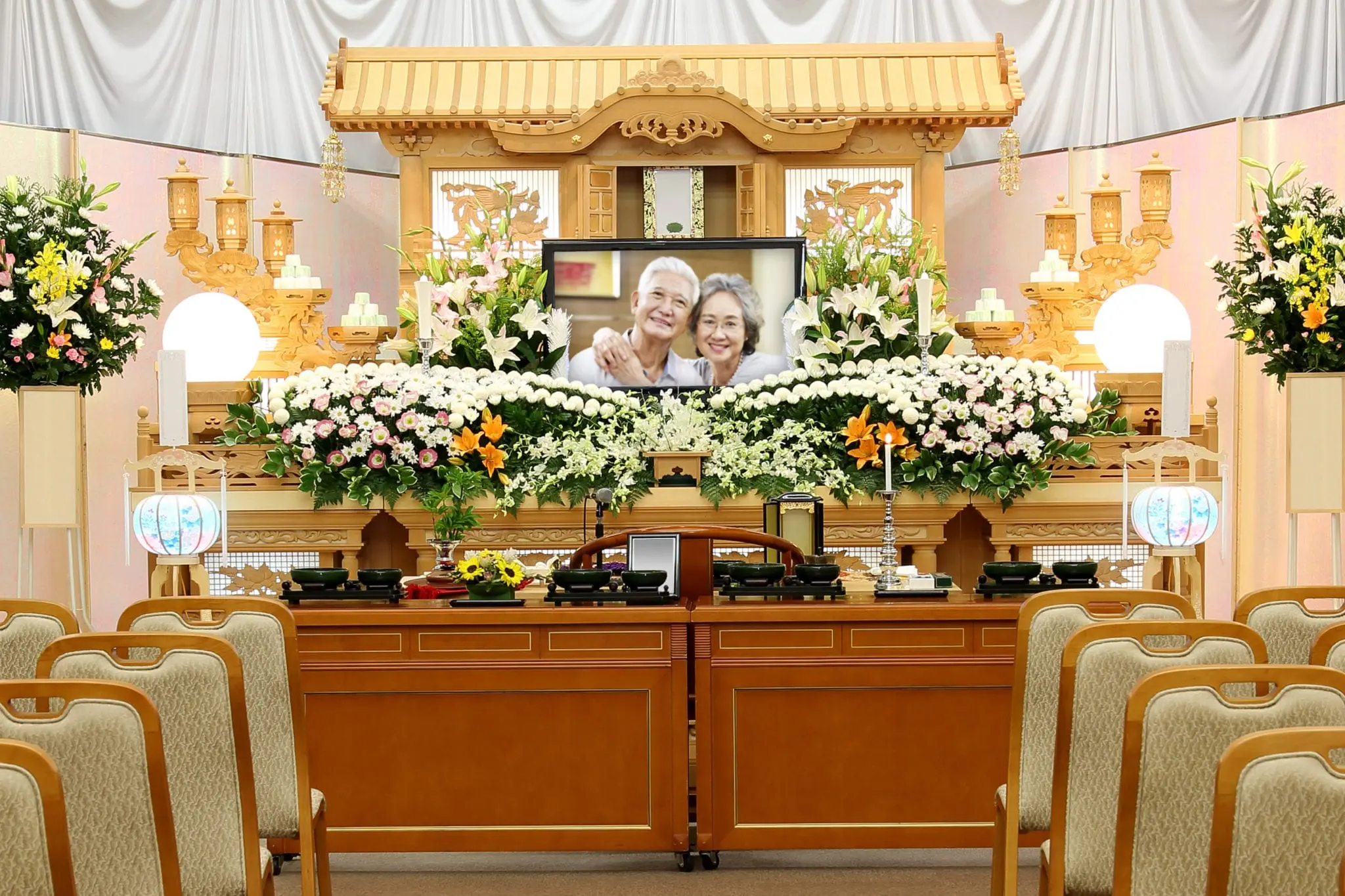Seventh-day Adventist Funeral Traditions
Seventh-day Adventist Funeral Traditions
One of the reasons so many Corona and Riverside families call Thomas Miller Mortuary & Crematory after a loved one has died is because they know we have years of experience caring for those from different cultural and religious backgrounds. When a family needs help with funeral, burial, and cremation needs, the last thing they want to do is inform a funeral home’s staff about their customs and traditions.
With Thomas Miller, that is never the case. Our knowledgeable professionals know exactly what questions to ask and what steps to take. They are ready to help everyone in our community plan the farewell they want and deserve.
This includes funerals for our neighbors and friends who are Seventh-day Adventists. While this denomination shares much of their theology with Protestant Christians, they also have beliefs of their own – particularly when it comes to funeral traditions and what happens after death.
Seventh-day Adventists believe that when a person dies, they do not immediately go to heaven or hell. Instead, they enter into an unconscious state referred to as “soul sleep.” This image of sleep reminds believers that death is not the end. When Christ returns, those who believe in Him – both living and dead – will go to be with God in heaven, their eternal home.
When it comes to funeral and burial services (Seventh-day Adventists can be buried or cremated), Christian traditions are followed. This includes music, prayer, a reading of the obituary, a reading from Scripture, a short sermon, and a benediction. Those who attend the funeral usually dress modestly in dark colors and don’t wear jewelry. Sending traditional gifts of flowers or food to the family’s home is encouraged, as is visiting the family after the funeral to offer a brief word of encouragement.
If you are interested in learning about the funeral traditions of other cultures and religions, we encourage you to visit the Multicultural Services page on our website. If you do not see a particular tradition represented, we invite you to reach out to us for more information directly.
No matter what your traditions are, we can help you plan a tribute that best reflects your beliefs and customs. If you would like to preplan your own end-of-life arrangements so you can be sure your wishes are followed, reach out to us today. Our care team is always here and ready to serve.


Learn More About Seventh-day Adventist Funeral Traditions
Many families choose to have a night visitation, which includes ceremonial incense, paper monies, and even a food tray for the deities in the next levels of life. The next day, they may bring in a Christian minister or a Catholic priest to say prayers and read a eulogy. Other families may choose to follow more traditional Buddhist funeral practices. The family dresses their loved one in a clean funeral dress to prepare them for departing the world and beginning their journey into the afterlife.
Most guests of Chinese funerals will wear a black band around their arm. Chinese families will typically give guests a red envelope with either a coin or a dollar bill inside of it for good luck and a white envelope that has a piece of candy in it to take away the bitter taste of death. A piece of red thread may also be given out to guests so they can tie it to their front doorknobs to ward off evil spirits.
The family will also burn joss paper, also known as ghost money, to ensure their loved one has a safe journey to the afterlife. Miniature items associated with their loved one’s interests – including cars, houses, and utensils – are also burned, as it is believed the items provide comfort.
After the funeral, guests join a procession to the cemetery or crematorium. This includes a marching band that plays loud music to frighten spirits and ghosts. A hearse or sedan holds the coffin and is typically adorned with a large portrait of the person who died. A period of mourning lasts for 49 days, accompanied by weekly prayers, and ends with a final ceremony 100 days later.
